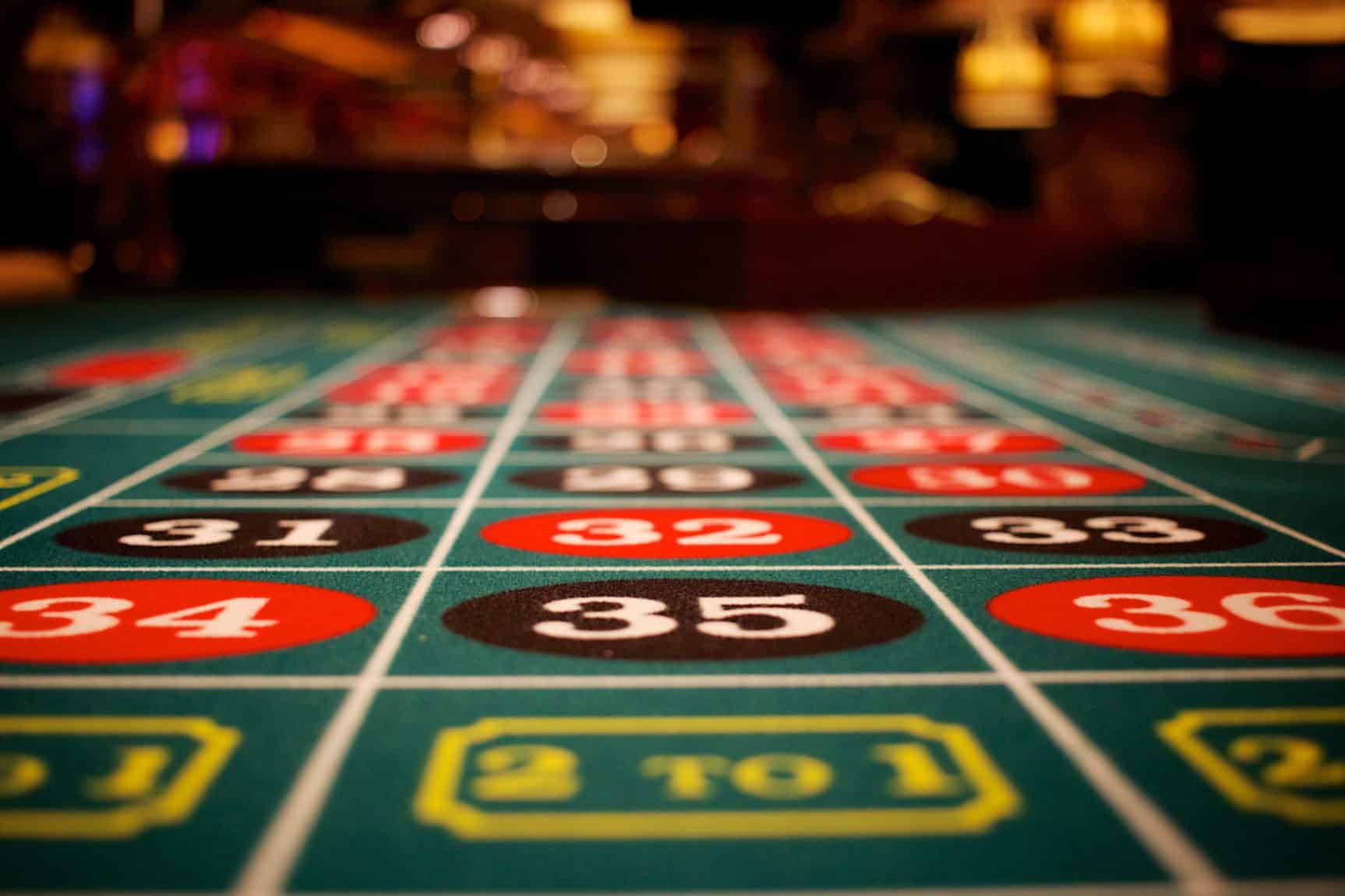As online gambling and betting become increasingly popular worldwide, researchers have begun to examine the social effects of gambling on individuals and communities. A recent study delves into how gambling impacts social behavior, uncovering changes that range from positive community interaction to more concerning issues like addiction and social isolation.
In this blog, we’ll explore the findings of this study, looking at both the positive and negative behavioral shifts associated with gambling, and what they could mean for society moving forward.
The Rise of Gambling and Its Social Impact
With the growth of online gambling platforms, more people than ever before have easy access to various forms of betting. Whether it’s sports betting, poker, or online casinos, the lure of quick wins has drawn millions into the gambling world. However, with increased participation comes changes in behavior, some of which can have long-lasting social consequences.
The study in question, conducted by researchers interested in the psychology of gambling, focuses on these behavioral changes and how they play out in social settings.
Positive Social Impacts of Gambling
While gambling is often associated with negative outcomes, the study found some positive aspects as well. One of the key findings was that in certain environments, gambling can foster social interaction and community building. This is especially true for group-based activities like poker or fantasy sports leagues, where participants come together regularly to compete or collaborate.
Social Engagement and Group Participation
The study found that many gamblers participate in betting as a social activity. For example, sports betting or poker nights often bring friends or family together. In these settings, gambling can serve as a form of entertainment and social bonding, encouraging interaction, conversation, and engagement. For some, the thrill of placing bets with friends enhances their enjoyment of sports and other forms of entertainment.
This type of communal gambling experience was found to strengthen relationships and build networks of people who share common interests, whether in sports, strategy games, or casino-style gaming.
What This Means for Society:
While gambling has its risks, when done responsibly and within social settings, it can create opportunities for positive interactions, group dynamics, and collective entertainment. In this context, gambling acts as a shared activity that brings people together.
Negative Social Impacts of Gambling
Despite some positive outcomes, the study highlighted several negative social behavior changes that arise from gambling. The most alarming of these was the increased risk of social isolation, addiction, and related behaviors that negatively affect personal relationships and mental health.
Gambling Addiction and Social Isolation
One of the key findings in the study is the link between gambling addiction and social isolation. When individuals become obsessed with gambling, they often withdraw from their social circles, distancing themselves from friends and family. This can lead to feelings of loneliness, depression, and anxiety, which in turn can exacerbate gambling behavior, creating a vicious cycle.
The study found that problem gamblers are more likely to experience deteriorating relationships, job loss, and financial strain, all of which contribute to isolation. People who struggle with gambling addiction often hide their behavior, ashamed or fearful of judgment from others, which only further isolates them from support systems.
What This Means for Society:
Gambling addiction has serious implications for social behavior. As individuals become more isolated, the chances of seeking help decrease, leading to a cycle of emotional and financial difficulties. This can harm not only the individual but also the wider community, as relationships break down and people become disconnected from their social networks.
Financial Stress and Behavioral Changes
Another significant negative impact of gambling identified in the study is the financial stress it places on individuals and families. As people lose money through betting, their behavior often shifts, becoming more focused on recovering losses. This financial strain can lead to drastic changes in behavior, including increased risk-taking, secretive actions, and even criminal activity in some cases.
Impact on Relationships and Work Life
The study revealed that gambling-related financial stress often spills over into other areas of life, particularly relationships and work. Many gamblers become preoccupied with trying to win back lost money, leading to emotional distance from partners and family members. In extreme cases, gambling can lead to neglect of responsibilities at work or even job loss, adding further strain to an already difficult situation.
These behavioral changes can create long-lasting damage, breaking down trust and communication within families and social circles.
What This Means for Society:
The financial consequences of gambling can be far-reaching, affecting not just the gambler but also their loved ones and colleagues. As financial strain increases, so does the potential for conflict, mistrust, and behavioral shifts that can lead to social isolation and further harm.
Gambling and Mental Health
One of the most critical findings in the study is the connection between gambling and mental health issues. The researchers found that problem gamblers are significantly more likely to suffer from mental health conditions such as anxiety, depression, and even suicidal thoughts. These issues can be both a cause and a consequence of gambling, as people who struggle with mental health often turn to gambling as a way to escape, only to find themselves trapped in a harmful cycle.
Mental Health Support and Interventions
The study emphasized the importance of mental health support for gamblers, particularly those who show signs of addiction. Access to counseling, therapy, and support groups can help individuals manage their gambling habits and address underlying mental health conditions.
What This Means for Society:
Gambling’s impact on mental health is a serious concern. Addressing these issues requires more than just financial support—it involves creating a supportive environment where gamblers can seek help without fear of stigma or judgment. Public awareness campaigns and accessible mental health resources are essential to combating the negative social behavior changes linked to gambling.
Conclusion
The study offers valuable insights into the complex relationship between gambling and social behavior. While there are positive aspects, such as social engagement and community-building in group settings, the potential for addiction, financial stress, and mental health issues poses significant challenges.
As the gambling industry continues to grow, it’s crucial to find a balance between fostering healthy, social gaming environments and mitigating the risks associated with problem gambling. By promoting responsible gambling practices and providing support for those who struggle with addiction, society can better manage the social behavior changes linked to gambling.
Hit the jackpot with 3k.top – where your next win is just a tap away!



